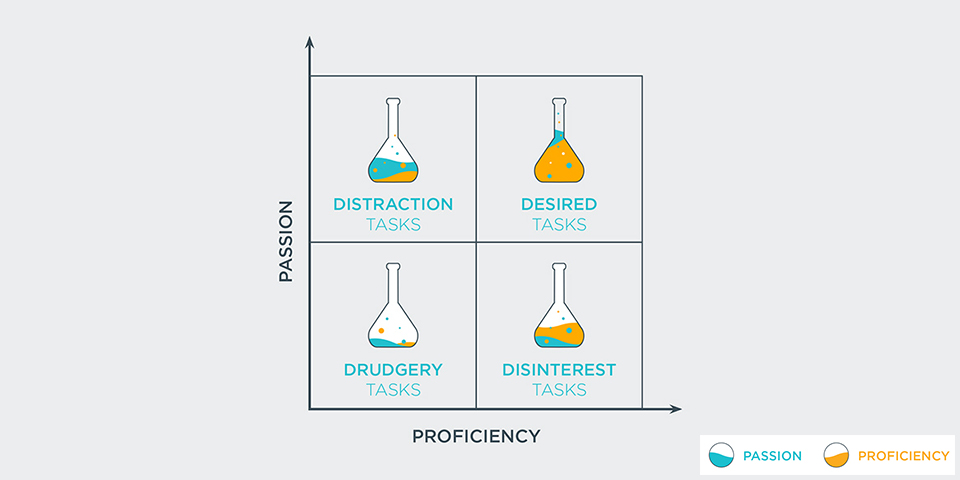
Delegation
August 10, 2023Discover the multifaceted responsibilities CEOs undertake in steering their companies towards prosperity. From visionaries to relationship builders, delve into the pivotal roles that define effective leadership at the executive level.
- Setting the Right Direction and Creating Meaningful Work: Leaders must articulate a clear vision and direction for their organization, ensuring that every individual understands their role and how it contributes to the overall purpose. By fostering a sense of purpose and meaning in the work, leaders inspire and motivate their teams to excel.
- Engaging All Stakeholders and Holding Them Accountable for Performance: Effective leaders actively involve all stakeholders in decision-making processes and communicate expectations clearly. They hold themselves and others accountable for delivering results, fostering a culture of responsibility and ownership throughout the organization.
- Ensuring Processes and Systems Facilitate Focus and Execution: Leaders optimize operational processes and systems to enable efficient execution of tasks and projects. They eliminate unnecessary bureaucracy and streamline workflows, allowing teams to focus on key priorities and deliver high-quality results in a timely manner.
- Leading Effectively by Maintaining Relationships of Trust: Building and maintaining trust is paramount for leaders to achieve sustainable success. They cultivate open communication, demonstrate integrity, and honor commitments, fostering strong relationships based on mutual respect and transparency. Through trust, leaders empower their teams to overcome challenges and achieve shared goals.
Related posts
August 10, 2023
Delegation
About 60% of executives say they don’t have enough time to do what they want to achieve.
Some take cognitive-enhancing drugs to keep up and downplay health and social concerns.
Read moreNovember 12, 2022
How to prepare for an exit
Few sellers would list their home without first inspecting, repairing broken items, and
making updates to highlight the positive aspects –increasing appeal to buyers.
Read more

